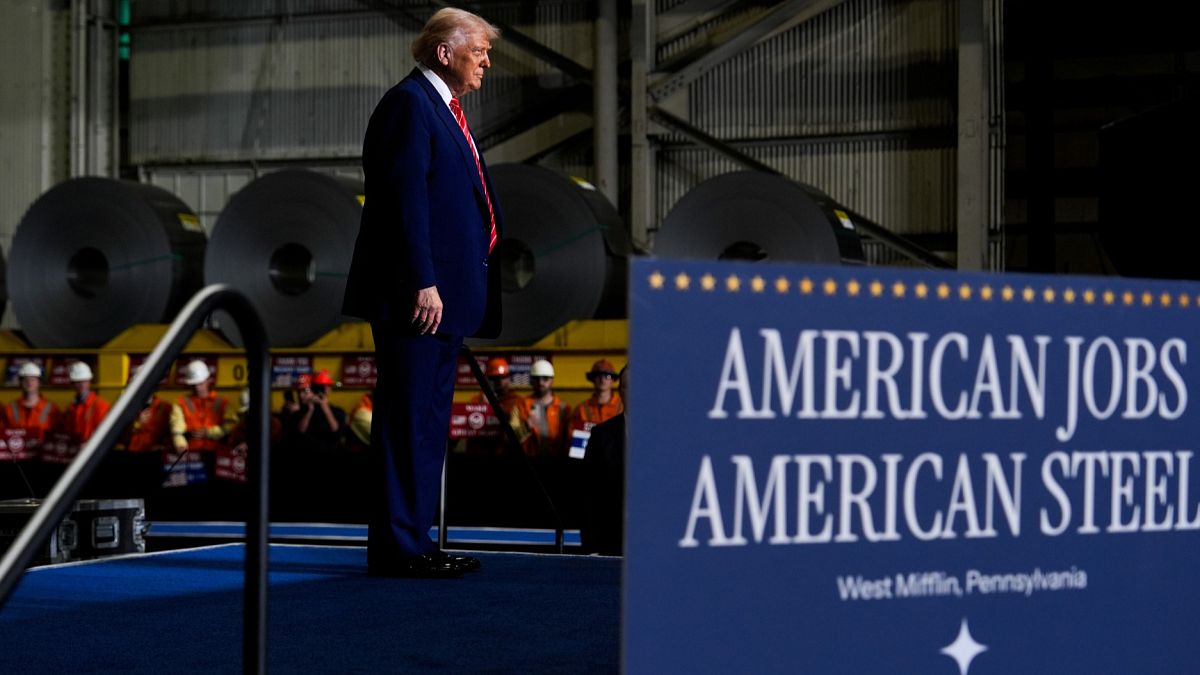

As the world navigates complex global dynamics, recent developments in trade policies, energy production, and banking highlight intriguing shifts and challenges. From significant tariffs by the Trump administration to strategic moves by OPEC+, the landscape of industry and energy is evolving rapidly. In parallel, the banking sector in the UK is witnessing a noteworthy shift in customer preferences, and strikes in the defense industry point to ongoing labor tensions.
In the United States, the Trump administration has implemented 50% tariffs on essential metals such as steel, copper, and aluminum. This policy stems from a broader agenda aimed at revitalizing domestic industries and catering to a particular ideological base. Such tariff policies are not merely economic but are deeply intertwined with political aspirations to stimulate American manufacturing and reinforce nationalistic economic narratives.
Concurrently, the international energy sector is witnessing significant adjustments. OPEC+ has agreed to increase oil production by 547,000 barrels per day starting in September, marking a strategic decision in response to global demand fluctuations. This decision is part of a broader effort to stabilize global oil markets while accommodating economic growth and development needs.
Across the Pacific, the Australian government, led by Prime Minister Anthony Albanese, is addressing diplomatic challenges. Australia is moving towards recognizing Palestinian statehood, a decision made amidst significant public demonstrations advocating for Palestinian rights. Despite potential diplomatic tensions that could arise with the United States, the Australian government maintains that such recognition is essential for fostering peace in the region. This decision aligns Australia with other nations like France, Canada, and the United Kingdom, pointing to an evolving international stance on Middle Eastern geopolitics.
In the banking sector, the UK is experiencing a significant shift in consumer behavior. Traditional high street banks are losing ground as customers migrate towards online banks and building societies, attracted by higher interest rates on savings. This migration indicates a growing trust in digital banking platforms and a response to competitive financial environments that offer more attractive returns on deposits.
Meanwhile, in the United States, labor dynamics are experiencing their own shifts. Over 3,200 unionized workers at Boeing’s St. Louis defense plant have initiated a strike. The strike arises from ongoing contract negotiations that have yet to meet workers’ expectations, prompting them to demand better terms. Boeing Defense is prepared to continue operations using contingency plans during the work stoppage, highlighting the company’s strategic approach to maintaining production amid labor disputes.
These developments collectively illustrate a world in motion, where economic strategies, energy collaboration, international diplomacy, and labor relations intersect to shape future landscapes. As each of these sectors adjusts to contemporary challenges, they pave the way for new paradigms in international trade, diplomatic relations, and industry operations, reflecting a world that is continuously adapting and evolving in the face of diverse pressures and opportunities.
Source: {link}
